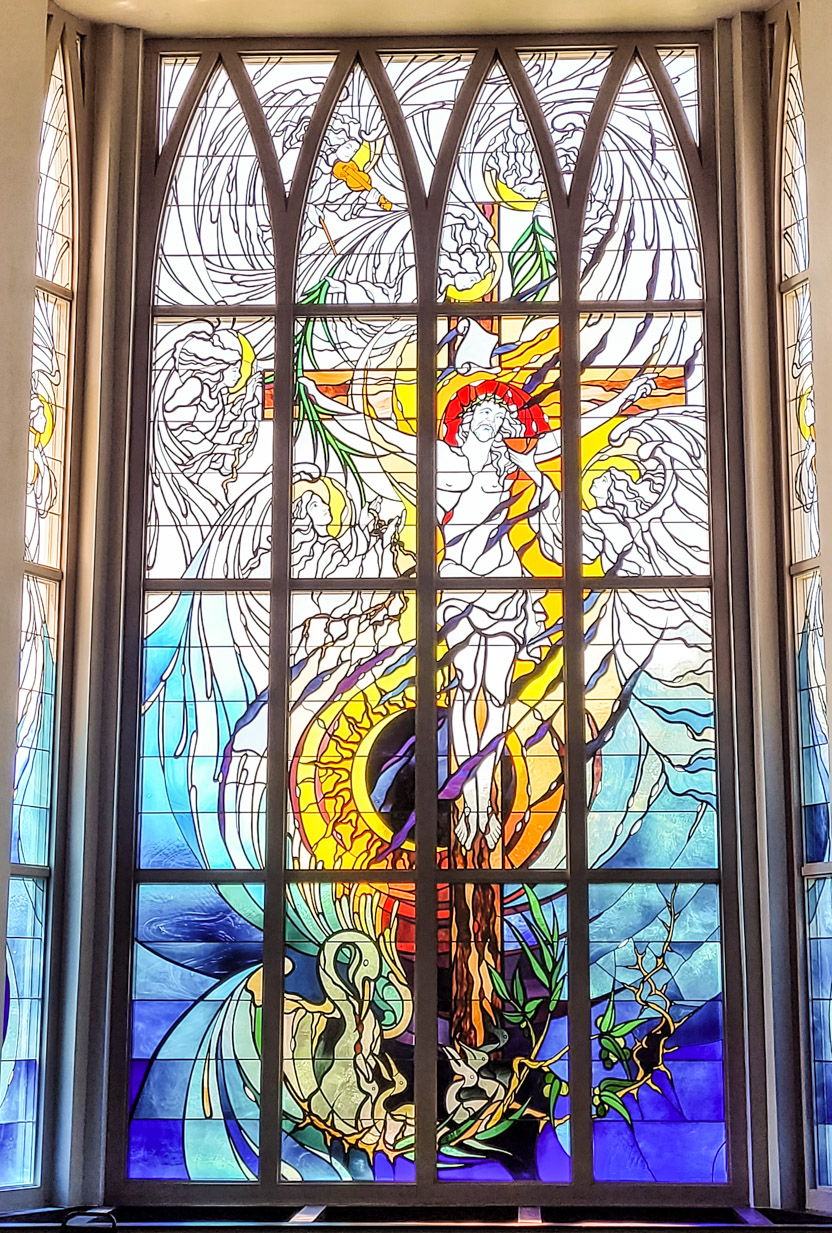

 ©LaBelleLife.com
©LaBelleLife.com
Chapter 1:1-5 (ESV) - In the beginning was the Word, and the Word was with God, and the Word was God. He was in the beginning with God. All things were made through him, and without him was not any thing made that was made. In him was life, and the life was the light of men. The light shines in the darkness, and the darkness has not overcome it.
Question to consider: Where else does scripture use the phrase “in the beginning”?
As I mentioned in the introduction, I believe that John wrote all of his works from the island of Patmos before the fall of Jerusalem in AD 70 as an apologetic to those who were being swayed by the teachings of the Nicolaitans and to those who needed a reminder that Christ commanded us to sacrificially love our brothers and sisters in the faith.
When John wrote the words “in the beginning”, he intentionally referenced the opening words of Moses in the Genesis creation account and tied them to the Logos, the divine wisdom. If the Nicolaitans merged Jewish teachings with Greek philosophies, these two concepts would have been very important because they established Christ as being one with the creator God of the Jews as well as the divine wisdom of the Greeks.
The Nicolaitans had denied that Christ had come in the flesh because they believed that all flesh was sinful, and Christ would not associate with sin. Even though they believed that man had the “divine spark” in him (what John calls “the life”), they believed his flesh was a part of a physical universe which was fashioned and maintained by a being Plato called the demiurge. While Plato did not profess the physical world to be evil, he did consider the intellect to be a more worthy pursuit than physical pleasure. The Nicolaitans merely mixed this philosophy with the biblical idea of sin. Eventually, the Gnostics would turn the demiurge into a malevolent being.
John established with his opening words that the universe and everything in it was not created and maintained by the demiurge but by the eternal Son of God who came in flesh as a light that shines in the darkness.
I think from this opening paragraph, we get a glimpse into the heart of the apostle John. Love rejoices in the truth. We have a tendency to want to vilify those who disagree with us instead of engaging with them. John was not only interested in protecting the church from error, but he was framing things in a way that might pique the interest of those who were considering the ways of the Nicolaitans.
This idea is more clearly understood when we consider the opening words of John’s first epistle, “That which was from the beginning, which we have heard, which we have seen with our eyes, which we looked upon and have touched with our hands, concerning the word of life— the life was made manifest, and we have seen it, and testify to it and proclaim to you the eternal life, which was with the Father and was made manifest to us— that which we have seen and heard we proclaim also to you, so that you too may have fellowship with us; and indeed our fellowship is with the Father and with his Son Jesus Christ. And we are writing these things so that [your] joy may be complete.” (1 John 1:1-4)
Dear heavenly Father, we thank You for demonstrating Your love for us even when we walked as Your enemy. Help us to treat others in a way that engages them rather than vilifies them. Above all things, may the truth of Christ shine from us like a light in darkness. Amen.